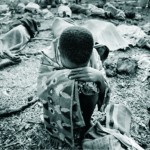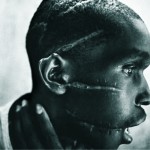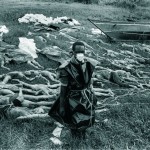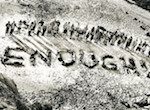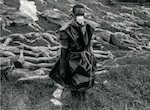Genocide
recurring payements could provide...
Child 0-3 Years - £10pm
To provide help to cloth, feed and pay for healthcare, including immunisation, during the childs early life.
Infant Child 4-6 Years - £18pm
To provide help to clothe, feed, pay for healthcare, immunisation, education, school uniform and equipment.
Junior Child 7-11 Years - £25pm
To provide help to clothe, feed, pay for healthcare, immunisation, education, school uniform and equipment.
Secondary/ 6th Form Student 12-18 years - £40pm
To provide clothes, food, healthcare, immunisation, education, school uniform, books and equipment.
University Student 19-21 years. - £60pm
To provide help to clothe, feed, pay for healthcare, education, books, equipment and accommodation.

